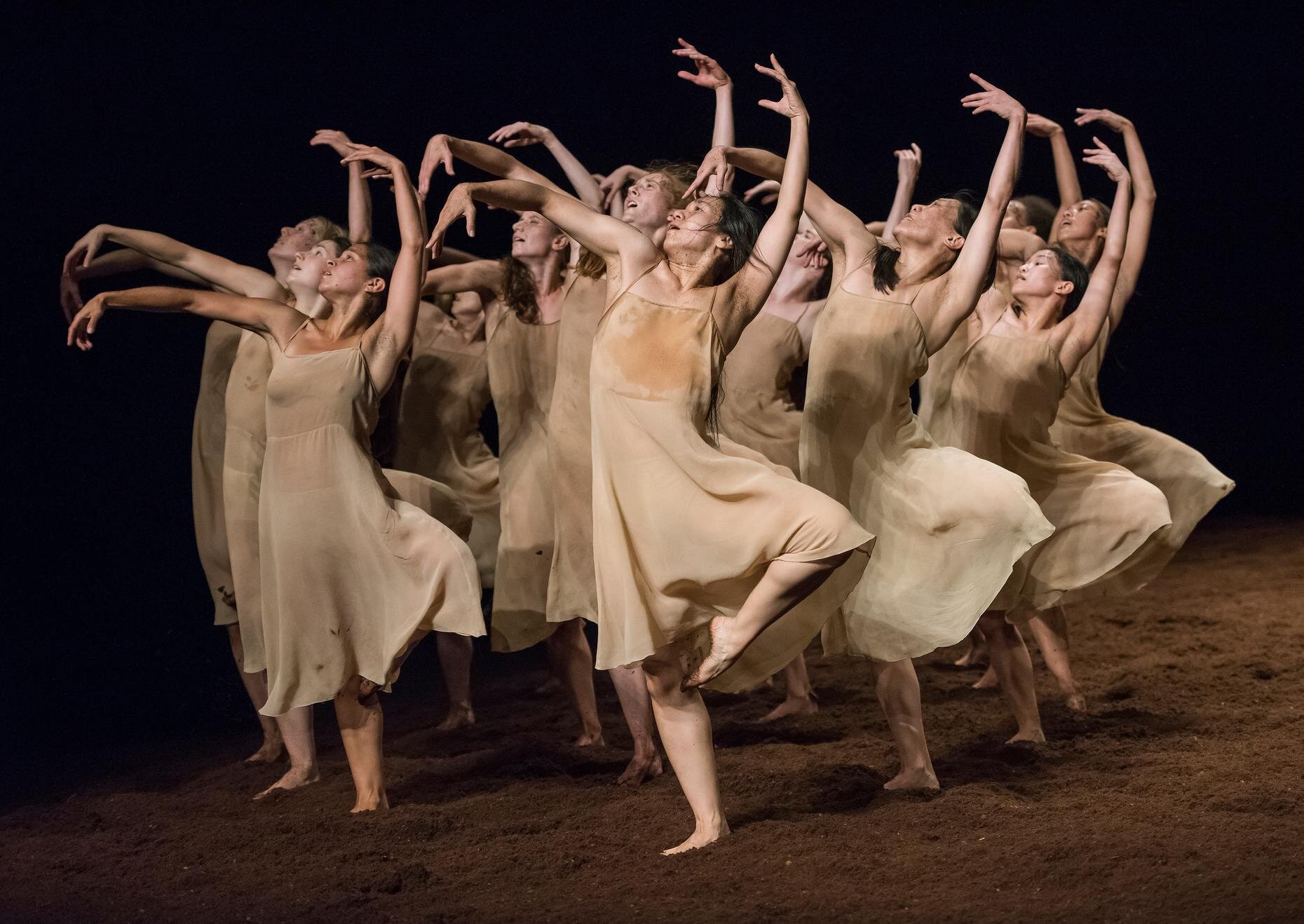Line, shadow, gesture
Coming from a background in fashion design I found myself naturally treating silver as fabric and trying various ways to create draped and fluid forms with silver sheet metal, learning quickly the similarities and vast differences of creating three dimensional forms from these two different ‘flat’ mediums. The first pieces developed for the Cascade series looked at silver as a material, it’s own qualities inspired the way in which this collection was developed. The relationships of shadow and light, of line and motion, as well as the sense of atmosphere these elements create.
The inspiration behind specific work can spring from a myriad of unexpected sources, here’s a little insight into the authors and artists that influenced my ideas around designing the first collection for the Silver Loom.
Earlier in the year a friend shared a book with me that opened my eyes to a new way of considering the impact that light has on design sensibilities. I found myself revisiting the enchanting essay by Junichiro Tanizaki -“In Praise of Shadows” -often while developing the collection. Through his descriptions Tanizaki renders everyday objects magical and mysterious by his ability to appreciate the differences that subtle changes in light can produce. He revels in observing the profound influence that living within the shaded interior of traditional Japanese homes has had on the way that people traditionally experienced beauty. In contrast to the Western obsession with sun-soaked and well-lit, Tanizaki makes a case for the beauty of shadows. The delicate mystery of the gold speckled cabinets; they need only the tentative flickering of a candle light to catch their beauty, or the last, diffused rays of the sun seeping through the rice paper walls, in order to be appreciated properly. Full light would render the gilded and lacquered details garish. He pulls us gently into the darkness with his ideas, to sink into the sensual richness of life in the shadows.
This idea really lingered with me as I created various folded forms in which the shadows could dance along the reflective surface of the silver.
Through his eyes and his words we get an inkling of the innate sensitivity accumulated over generations. We can’t help but experience the mystery as he describes the flickering of the candle light on miso soup in black lacquerware as the “depth of a still, dark pond.” How full of feeling and richness is life when we open our senses to it. As I am working with silver I am grateful to become more keenly aware of the play of light and shadow over the undulating surfaces. Growing more curious about creating landscapes with deep crevices for shadows to rest and create dynamic contrasts to the brightly polished reflective surfaces.
As I created I considered the lines of each piece. Throughout this process I found myself returning to imagery and videos of renowned dancer and choreographer Pina Bausch. Her movements are so visceral, emotional and personal, at times even seemingly chaotic, but honest. Emotion channelled through in a distinctly intentional manner. Although physically Pina was slim and waif-like she communicates profoundly, every gesture imbued with humanity and truth. This translated for me into a preference for strong, clean, fluid lines, I chose to focus on simple forms to communicate motion or stillness through key directional lines in each piece. The piece that most reflected this strength, confidence and sensitivity for me is the Pina necklace, named in her honour.
I often think of the many ways in which artists communicate line, a feature that displays the style of the artist just as the manner in which a dancer executes gestures reveals the dancer. For me, in both dance and design it is often the simple and considered moves or lines made with a strong intention and motivated by true feeling that tend to linger in my imagination. I strive towards finding these gestures within my creative practice.



